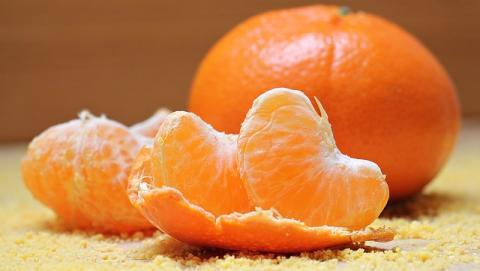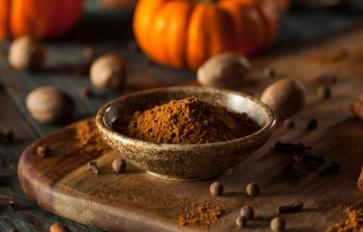
During the winter months, our immune systems take a hit. That's why it's important to maintain a healthy diet, and get a little extra vitamin C. Boosting the immune system, vitamin C helps keep us healthy and happy. It's no coincidence that citrus fruits are in season during the winter. It's nature's way of keeping us healthy. But how much Vitamin C do we really need?
At the first sign of a cold, it's a popular home remedy to start guzzling OJ and pouring packets of powdered immune-boosting packets into our water. Those immune-boosting packets contain 1000mg of vitamin C. I have always been curious as to whether or not that amount of vitamin C is going overboard. With those packets becoming widely popular, it raises the question of whether or not 1000mg is too much.
According to WebMD.com, the average adult female needs 75mg a day, while the average adult male needs 90mg a day. In fact, some studies show that “doses above 200mg are not utilized by the body.” Seems like 1000mg may be overdoing it, but the tolerable limit is 2000mg. That seems to be quite the difference from the recommended dose.
So what happens to the body when we start pumping in the vitamin C to ward off a nasty cold? Basically, anything extra gets flushed out in urine. Vitamin C is water-soluble, so the body uses what it needs and gets rid of the excess. The side effects are not detrimental to one’s health, but an overdose can cause headaches, nausea, diarrhea, cramps, heartburn, and insomnia. In some cases, it can lead to kidney stones.
The body's ability to utilize what it needs and flush out the rest is truly remarkable. Odds are that you flush out any extra vitamin C before side effects arise. If in doubt, it is best to obtain nutrients through your diet. If you are concerned with getting enough vitamin C, but trying to avoid taking it in 1000mg doses (or prefer to get your vitamins from whole foods), then add these foods to your diet: grapefruit, oranges, red bell pepper, yellow bell pepper, Brussels sprouts, kale, and broccoli. By consuming what we need, our body will take care of the rest.








